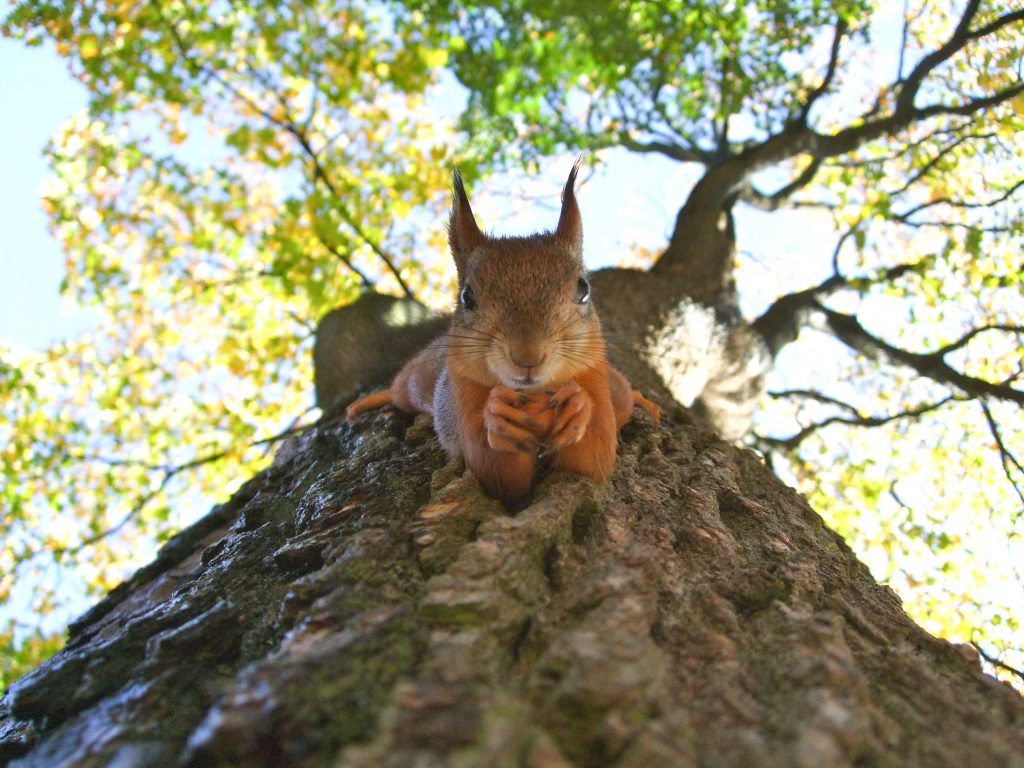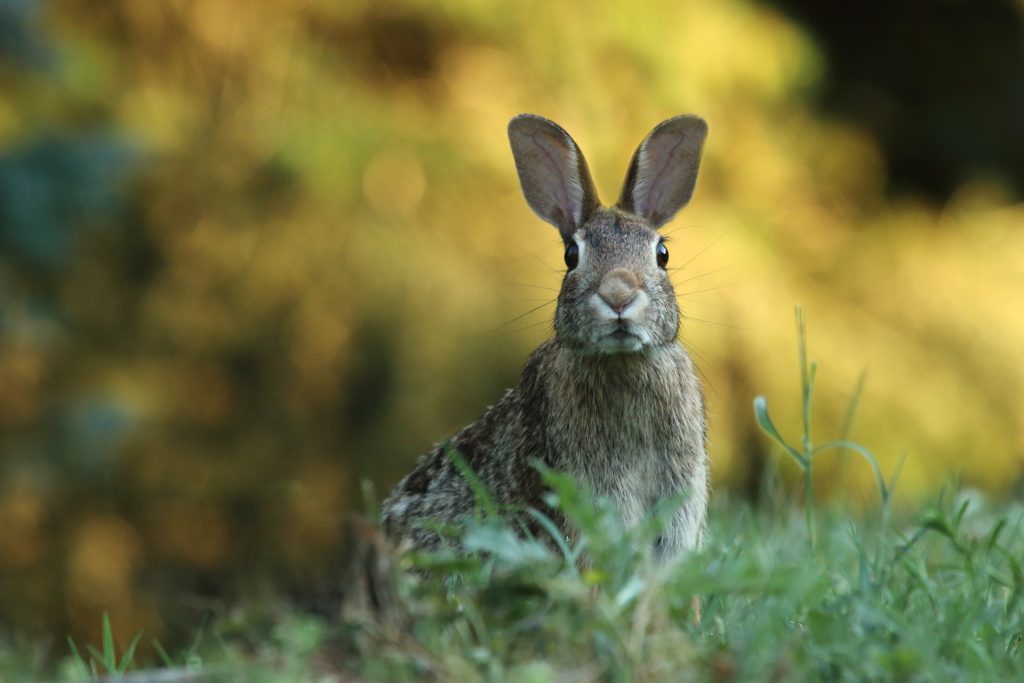As you may already know, we can go without food for 3 to 4 weeks. This depends largely on the individual needs of the body. Things like body fat percentage and metabolic rate also come into play here. Without food, internal organs “shut down” progressively due to caloric deficit. It inevitably leads to death.
That said, it is critical to have survival skills in procuring food to stay alive in the wilderness. Edible wild plants can be of great help but they aren’t enough. In survival situations, it is very important to find and eat animal source foods that give more energy. This usually involves trapping and hunting.
Ungulates (such as moose, deer, and elk) and other big animals are difficult to hunt. What’s more, big-game hunting will considerably increase your caloric expenditure and make you even more fatigued. Small animals are a more reliable food source. That’s why you should hunt small game for survival rather than pursuing large animals.

Learn More About Your Prey
Try to find out what kinds of animals and birds are most common in the area you will be hunting. Pay particular attention to small critters like squirrels, rabbits, packrats, chipmunks, raccoons, waterfowls, and doves.
You should also learn about their habitats, habits, and food choices. Since small game animals usually use the same tracks to travel, you should have a good understanding of how their trails look like. These animals tend to travel along the shores and edges of the open ground, clinging to places covered by dense vegetation.
Sharpen Your Stalking Skills
Here are a few tips for stalking small game:
- Go slowly and walk fluidly, especially when stepping over an obstacle.
- Avoid sudden, fast movements.
- Relax and take breaks often.
- Scrutinize the entire area – from the forest floor to treetop.
- Look for the animal tracks along creek banks and muddy paths.
- Listen to the animal sounds like squeaks, scraping, and chirping noises.
Select the Proper Ammunition and Firearm
A firearm is no doubt the most powerful tool for small-game hunting. Yet you must choose the right weapon and ammo. For example, the air rifle is considered the best option for squirrel hunting. Check the Gun Forest review for the best air rifles for squirrels.
The .22 rimfire rifle is also very popular when it comes to survival hunting. If you opt for this rifle, then you will need .22 long rifle ammunition for best results. Besides, a 12 gauge pump-action shotgun is useful for small-game hunting as well.

Make Small Game Traps
As a passive hunting method, trapping allows you to deal with other chores while waiting for the animals to get caught up. It is always a good idea to make a lot of traps for small game. From wooden rat traps to cable snares, there is a wide range of ready-to-use traps available. Many adventurers prefer making traps on their own, though.
Be Prepared for a Wilderness Hunt!
Planning to go into the wilderness? Be sure to prepare yourself for such a challenging adventure. Aside from getting mentally and physically ready for the great outdoors, you also need to learn how to trap and hunt small game before heading into the wilderness. This will increase your chances of surviving in the wild.
